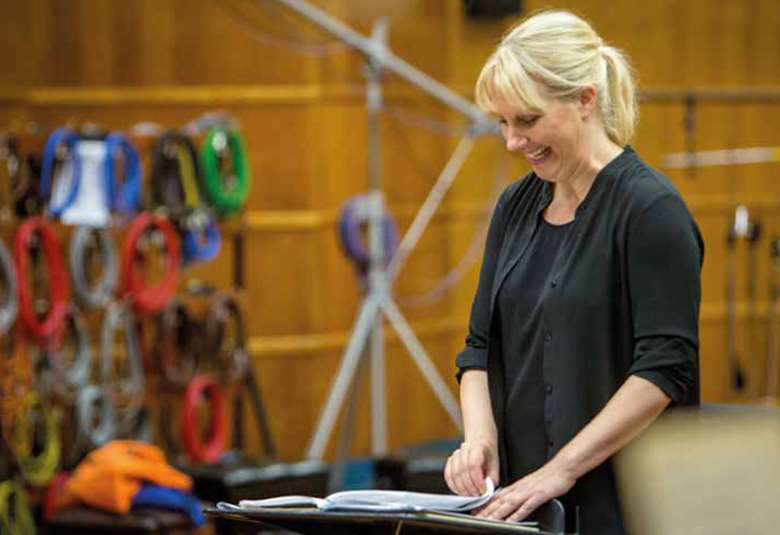David Hill In conversation with… Sofi Jeannin
David Hill
Sunday, April 2, 2023
'Being able to draw music from people is a very attractive thing to me'

© PATRICK ALLEN
Register now to continue reading
This article is from Choir & Organ. Don’t miss out on our dedicated coverage of the choir and organ worlds. Register today to enjoy the following benefits:
- Free access to 3 subscriber-only articles per month
- Newly-commissioned sheet music to download from our New Music series
- Unlimited access to Choir & Organ's news pages
- Monthly newsletter






